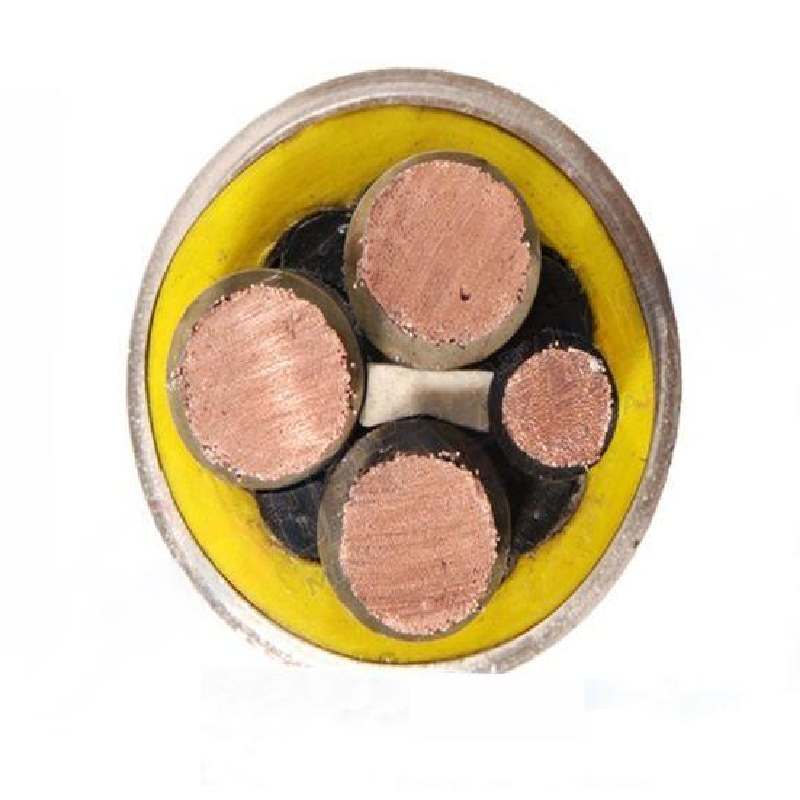10 月 . 13, 2024 12:15 Back to list
Understanding the Functionality and Applications of Water Ball Valves in Plumbing Systems
Understanding Water Ball Valves A Comprehensive Overview
Water ball valves are essential components in various plumbing and fluid control applications, designed for regulating the flow of water (or other fluids) with precision and reliability. Unlike traditional valves, ball valves utilize a spherical disc (the ball) to manage the flow of liquid, offering advantages in terms of control, durability, and efficiency. This article delves into the workings, advantages, and applications of water ball valves, along with tips for installation and maintenance.
How Water Ball Valves Work
At the heart of every ball valve is a ball that features a hole or port through its center. When the valve is in the open position, the hole aligns with the flow direction, allowing water to pass through freely. Conversely, when the valve is closed, the ball is rotated 90 degrees, blocking the port and halting the flow of liquid. This simple yet effective mechanism ensures quick opening and closing, enabling precise flow control with minimal effort.
Ball valves also come in different types depending on their design and intended application. The two most common types are the full-port and reduced-port ball valves. Full-port valves have a ball with a diameter equal to that of the pipe, allowing unrestricted flow. Reduced-port valves have a smaller diameter, limiting the flow but often allowing for a more compact design.
Advantages of Water Ball Valves
1. Durability and Longevity One of the most significant advantages of ball valves is their robustness. Constructed from materials such as stainless steel, brass, and PVC, they are resistant to wear and tear, making them suitable for high-pressure applications.
2. Quick Operation Ball valves can be opened or closed with just a quarter turn of the handle, allowing for swift changes in flow control. This feature is particularly valuable in situations where rapid response is necessary.
3. Tight Seal Ball valves can provide a tight seal when closed, minimizing leakage and making them invaluable in applications where maintaining pressure is critical.
4. Versatility Water ball valves can be used across various industries, including residential plumbing, commercial installations, irrigation systems, and industrial processes. Their adaptability makes them a staple in many fluid management systems.
5. Low Maintenance Due to their simple design and durable materials, ball valves require less maintenance compared to other types of valves, translating to cost savings and reduced downtime.
Applications of Water Ball Valves
water ball valve

Water ball valves find applications in numerous settings, including
- Residential Plumbing Used in shut-off applications for sinks, showers, and toilets, ball valves are a common sight in homes, ensuring easy flow control. - Irrigation Systems Farmers and gardeners often use ball valves in irrigation systems to manage water flow efficiently, facilitating controlled watering schedules.
- Industrial Use In commercial and industrial settings, ball valves regulate the flow of water, chemicals, and gases, ensuring safety and efficiency in operations.
- Heating Systems In HVAC applications, ball valves are utilized to control water flow in heating and cooling systems, enhancing energy efficiency.
Installation and Maintenance Tips
Proper installation and maintenance of water ball valves are crucial for ensuring optimal performance and durability
1. Installation When installing ball valves, ensure they are oriented correctly according to the flow direction indicated on the valve body. Use appropriate seals and fittings to prevent leaks.
2. Regular Inspection Periodically check the valves for signs of wear, corrosion, or leakage. Early detection can prevent more significant issues down the line.
3. Exercise the Valve To avoid seizing, certain ball valves should be actuated regularly. This means opening and closing the valve every few months, especially in infrequently used systems.
4. Cleaning For ball valves in dirty or sediment-heavy applications, consider disassembling and cleaning them to maintain optimal function.
Conclusion
Water ball valves represent an essential element in fluid control systems, combining durability, efficiency, and ease of operation. Their unique design and advantages make them suitable for a wide range of applications, from residential plumbing to industrial processes. Understanding how they work, their benefits, and proper maintenance can help users optimize their systems, ensuring reliable and long-lasting performance. Whether you’re a homeowner, a farmer, or an industrial professional, incorporating water ball valves into your fluid management strategies is a wise choice that can lead to significant benefits.
Share
-
Understanding the Differences Between Wafer Type Butterfly Valve and Lugged Butterfly ValveNewsOct.25,2024
-
The Efficiency of Wafer Type Butterfly Valve and Lugged Butterfly ValveNewsOct.25,2024
-
The Ultimate Guide to Industrial Swing Check Valve: Performance, Installation, and MaintenanceNewsOct.25,2024
-
Superior Performance with Industrial Swing Check Valve: The Essential Valve for Any SystemNewsOct.25,2024
-
Industrial Swing Check Valve: The Ideal Solution for Flow ControlNewsOct.25,2024
-
You Need to Know About Industrial Swing Check Valve: Functionality, Scope, and PerformanceNewsOct.25,2024